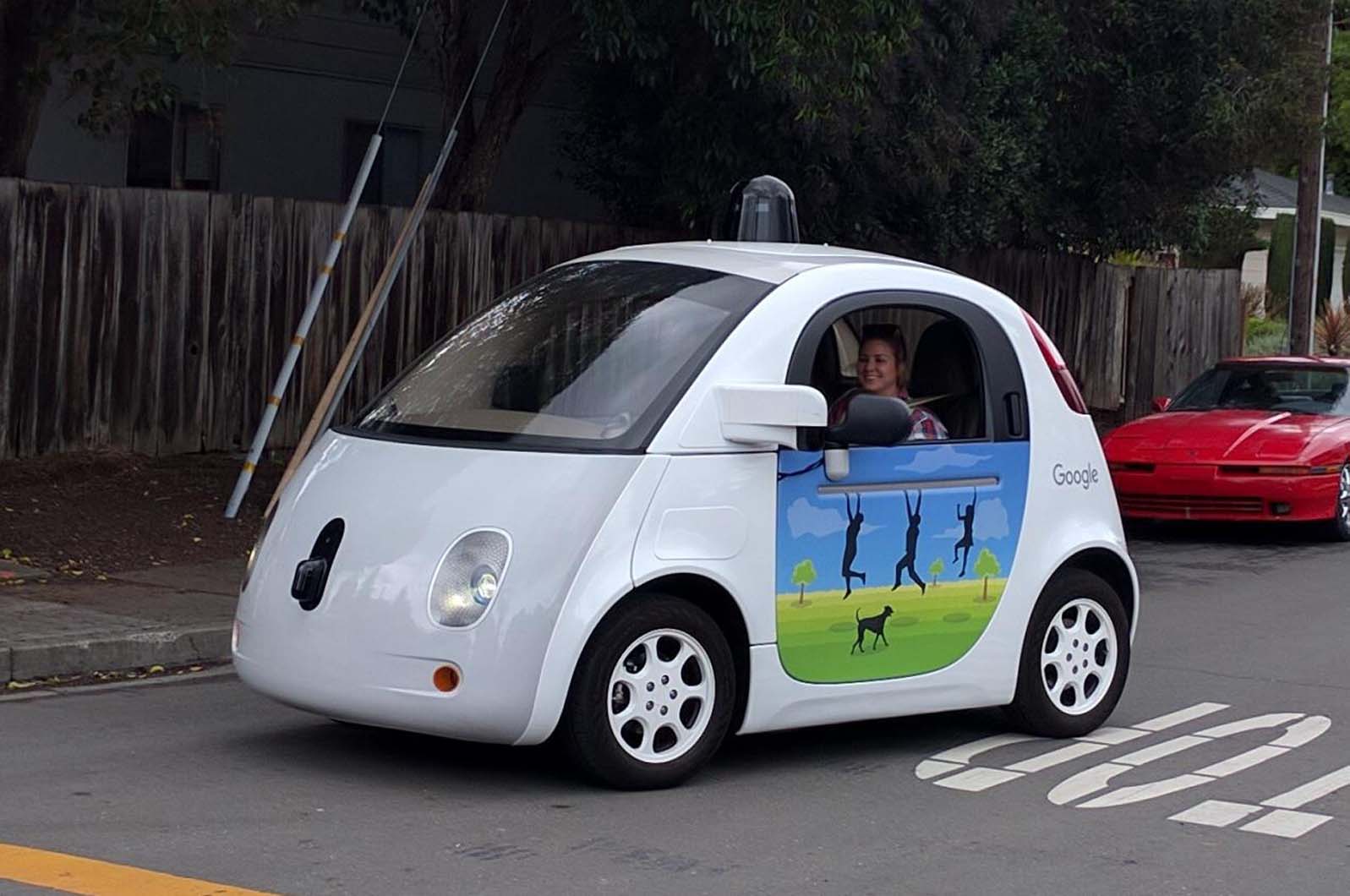A few years ago, I interviewed a mind coach called Don Macpherson, a lovely man who is approached by sports teams and athletes the world over to help them mentally prepare for the challenges that come with being at the top of their game.
The pressure, the doubts, the fears; things that golfists call 'the yips'. The monkey on your shoulder saying: "Are you sure that turning into this corner flat in fifth is a good idea?" Things that can mean the difference between winning a world title, a race, a match, a trophy or throwing it away.
Porsche Mission E to get advanced autonomous tech

Naturally, not being a potential world champion of anything, I'm largely untroubled by the need for training like Don's. But, I wondered during the interview, what could somebody do to increase, say, their attention span? Because, y'know, sometimes somebody is sitting there with an 1800-word feature to write and OMG look at this GIF of a cat falling off a shelf. LOLZ. Er, where was I? Try having 20 minutes' meditation a day, Don suggested.
Now, I'm the kind of man who takes good advice seriously, but I work on a busy magazine, so I get the chance for 20 minutes' meditation more often at the weekend than during the week. But I've been regularly trying Don's advice, typically on a Saturday afternoon. And 20 minutes of sound meditation works, although sometimes it feels like an hour and a half's nap, because that's actually what it becomes if you're 42 and work on a busy magazine. I've no idea whether it's improving my concentration but, hey, that sounds like a Ducati outside. I'd recognise the noise of a desmodromic valvetrain anywhere.

Anyway, on emerging from my most recent meditation session, the first few seconds were surrounded in confusion (where am I? What is that noise?), then disorientation for the next minute or two (who is this? Why are you ringing me? You want picking up when?). And it was a while and a cup of tea longer before I felt my eyes and mind were open for business again. Certainly, it was a full 10 or 15 minutes before I was happy to throw on a pair of trainers and head out in the car.
Which is where – forgive me, reader, because I haven't written about it for a while – autonomous driving comes in. Or, rather, doesn't come in. Because there is no way in the world, regardless of how ready our cars can be made for autonomous driving, that our minds are ready to be handed back the wheel of a moving vehicle in a hurry if we've ceded total control to it.

Håkan Samuelsson, the boss of Volvo, a company that takes safety more seriously than most, agrees, suggesting that giving control back to a driver from a fully or almost fully autonomous vehicle is a process that would take "minutes, not seconds" and to try to make it quicker is dangerous.
Which leaves two potential scenarios. One is that semi-autonomy, where you still have control of the car, is as far as we can get. The other is where you have a car that's fully autonomous from start to finish and, crucially, every car maker will have to accept full moral and legal responsibility for anything that happens to its occupants or the people around it at all times. Which, right now, seems as far away as my consciousness on some Saturday afternoons.
Related stories:
Porsche Mission E to get advanced autonomous tech
Tesla Model S review
Tesla autopilot brings autonomous driving to the Model S